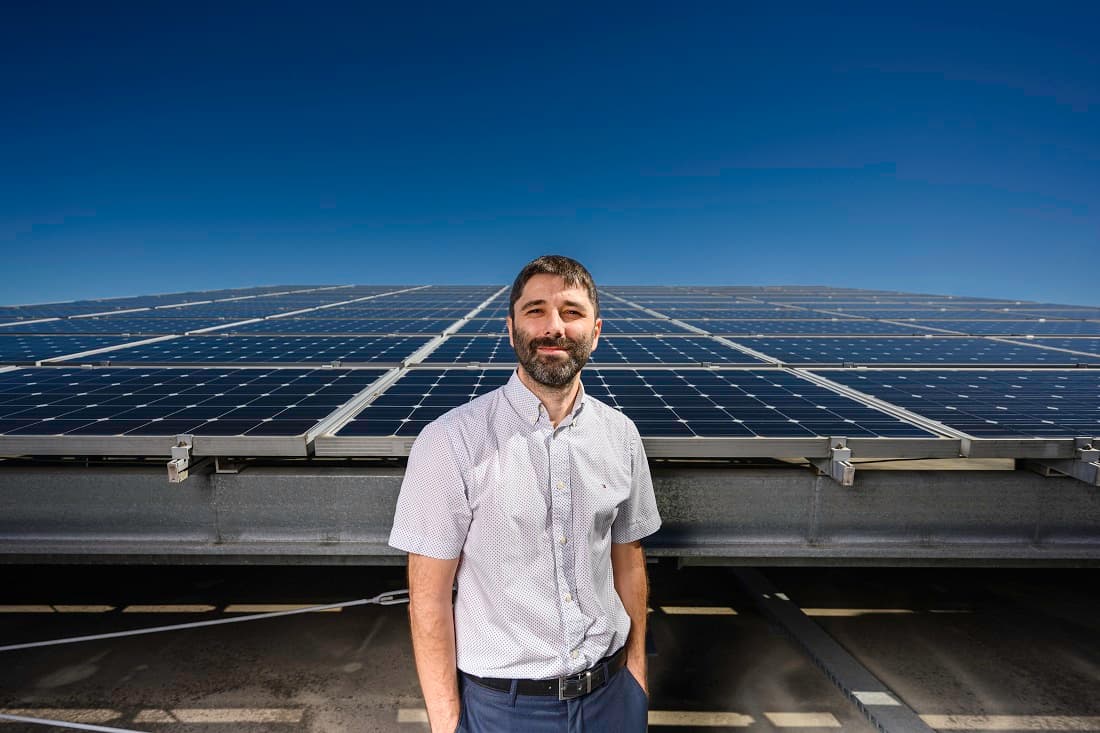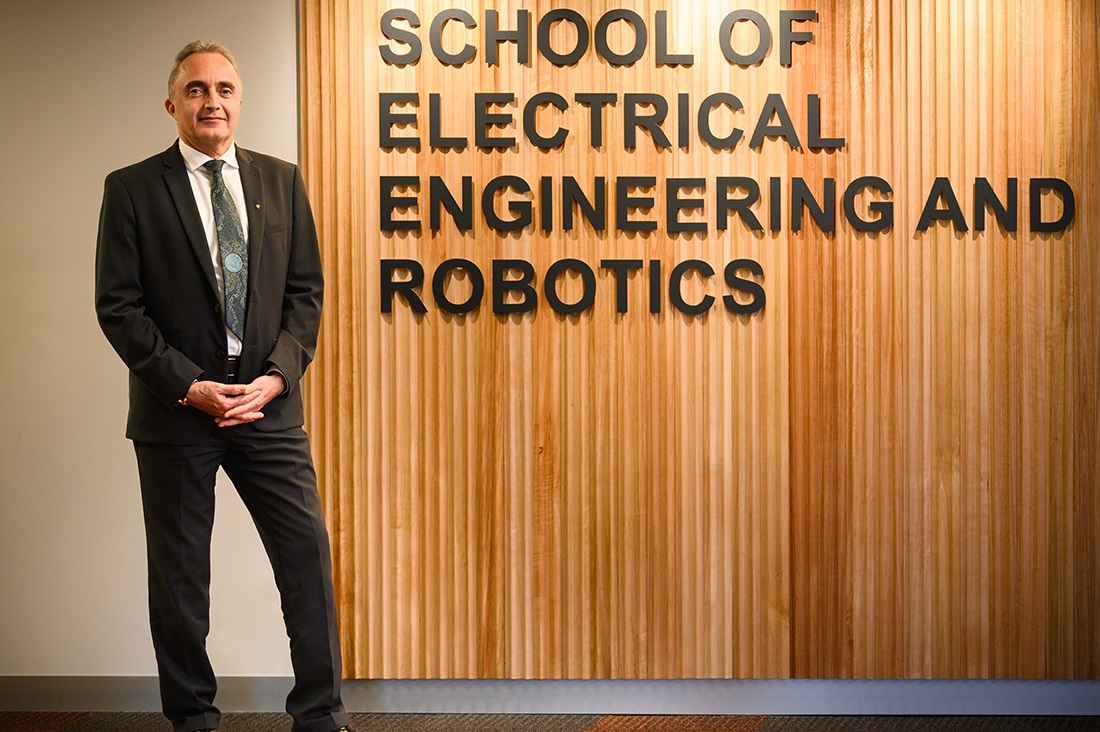Power your career
‘Queensland’s 80 per cent renewable energy target by 2035 demands engineers with strong skills in renewable energy. In this course, you’re not just learning technical capabilities. You’re learning how to operate in the real world overseeing entire power engineering projects – from the strategic management to the technical detail.’
Learn from power engineering experts
Professor Firuz Zare, Head of School, Electrical Engineering and Robotics is an internationally recognised researcher and leader in energy conversion and grid-connected renewable power systems. He is heavily involved with local and international projects supporting emerging technology in renewable power engineering systems.

